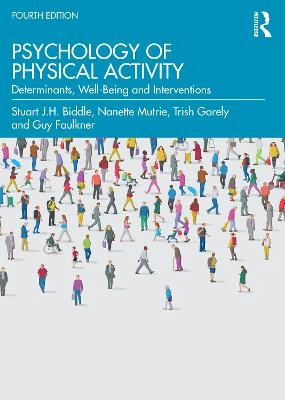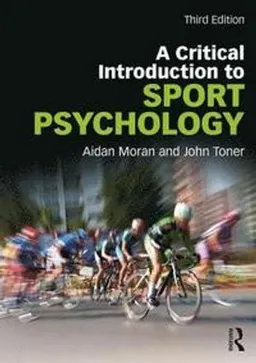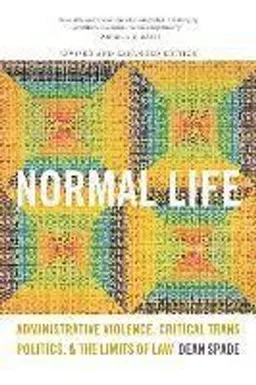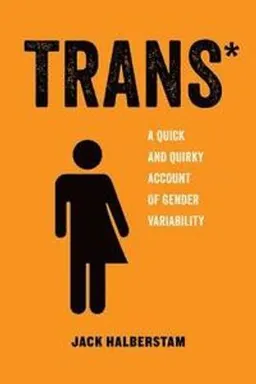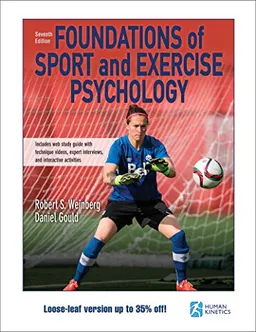The positive benefits of physical activity for physical and mental health are now widely acknowledged, yet levels of physical inactivity continue to be a major concern throughout the world. Understanding the psychology of physical activity has therefore become an important issue for scientists, health professionals and policy-makers alike as they address the challenge of behaviour change. Psychology of Physical Activity provides comprehensive and in-depth coverage of the fundamentals of exercise psychology, from mental health, to theories of motivation and adherence, and to the design of successful interventions for increasing participation.
Now publishing in a fully revised, updated and expanded fourth edition, Psychology of Physical Activity is still the only textbook to offer a full survey of the evidence base for theory and practice in exercise psychology, and the only textbook that explains how to interpret the quality of the research evidence. As the field continues to grow rapidly, the new edition expands the behavioural science content of numerous important topics, including physical activity and cognitive functioning, automatic and affective frameworks for understanding physical activity involvement, new interventions designed to increase physical activity (including use of new technologies), and sedentary behaviour.
A full companion website offers useful features to help students and lecturers get the most out of the book during their course, including multiple-choice revision questions, PowerPoint slides and a test bank of additional learning activities.
Psychology of Physical Activity is the most authoritative, engaging and up-to-date book on exercise psychology currently available. It is essential reading for all students working in behavioural medicine, as well as the exercise and health sciences.
Åtkomstkoder och digitalt tilläggsmaterial garanteras inte med begagnade böcker
